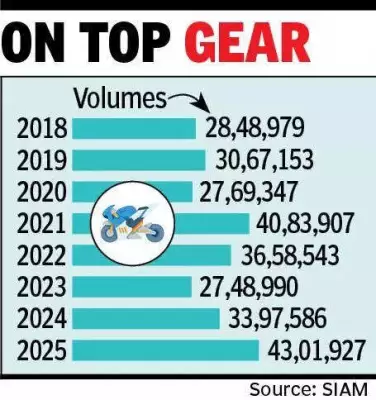
Thinking of buying that new smartphone or appliance with a debit card EMI? While it seems convenient, this financial decision could be quietly shaping your credit profile in ways you never imagined.
The Silent Connection: How Debit Card EMI Enters Your Credit Report
Unlike traditional credit cards where the connection to your credit score is obvious, debit card EMIs operate in a more subtle manner. When you opt for EMI conversion on your debit card purchase, the lending institution essentially extends you a short-term loan. This loan arrangement gets reported to credit bureaus like CIBIL, Equifax, and Experian.
Here's the crucial part: Even though you're using your own money via debit card, the EMI facility is treated as credit. The financial institution you're borrowing from becomes a data furnisher to credit bureaus, creating a new credit account in your name.
Why Your Payment Behavior Matters More Than You Think
Your repayment pattern on debit card EMIs becomes part of your permanent credit history. Each payment—or missed payment—gets meticulously recorded and influences your credit score calculation.
The positive scenario: Consistent, timely EMI payments demonstrate financial discipline and reliability to future lenders. This can gradually improve your credit score, making you eligible for better interest rates on larger loans like home or auto financing.
The danger zone: Missing EMI payments or making late payments can significantly damage your credit score. A single delayed payment can remain on your credit report for years, potentially causing loan rejections or higher interest rates when you need credit most.
The Domino Effect: How Debit Card EMI Impacts Future Credit
Many borrowers don't realize that debit card EMI behavior creates a financial footprint that banks scrutinize during loan applications. Here's what lenders see:
- Your repayment discipline across all credit facilities
- Your credit utilization ratio
- Payment history consistency
- Overall debt burden
Smart EMI Management: Protecting Your Financial Future
To ensure your debit card EMI works for rather than against you, follow these essential practices:
- Set payment reminders: Never miss an EMI due date. Use calendar alerts or banking app notifications.
- Maintain sufficient balance: Ensure your account has adequate funds before the auto-debit date to avoid bounced payments.
- Monitor your credit report: Regularly check your credit score and report for accuracy.
- Limit multiple EMIs: Avoid taking several EMI facilities simultaneously as it increases your credit utilization ratio.
- Read the fine print: Understand interest rates, processing fees, and foreclosure charges before committing.
Remember: In the world of credit scoring, every financial behavior counts. Your debit card EMI discipline today could determine your home loan eligibility tomorrow.





